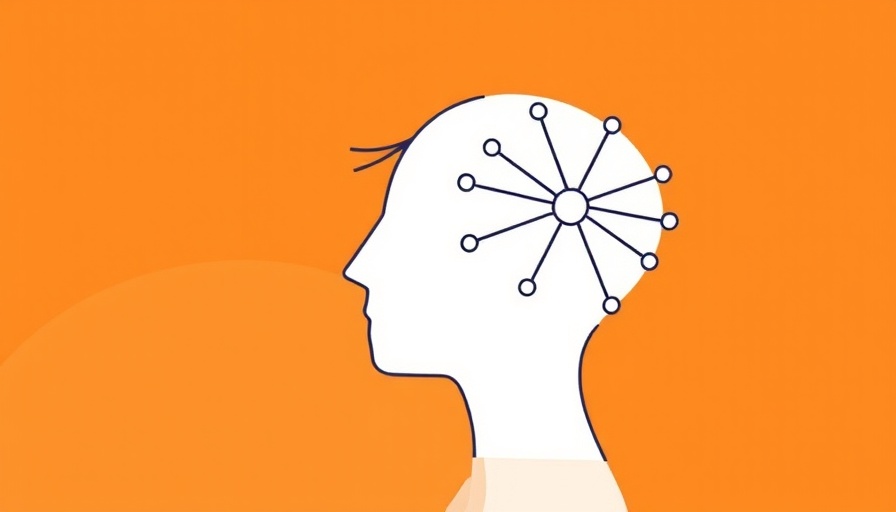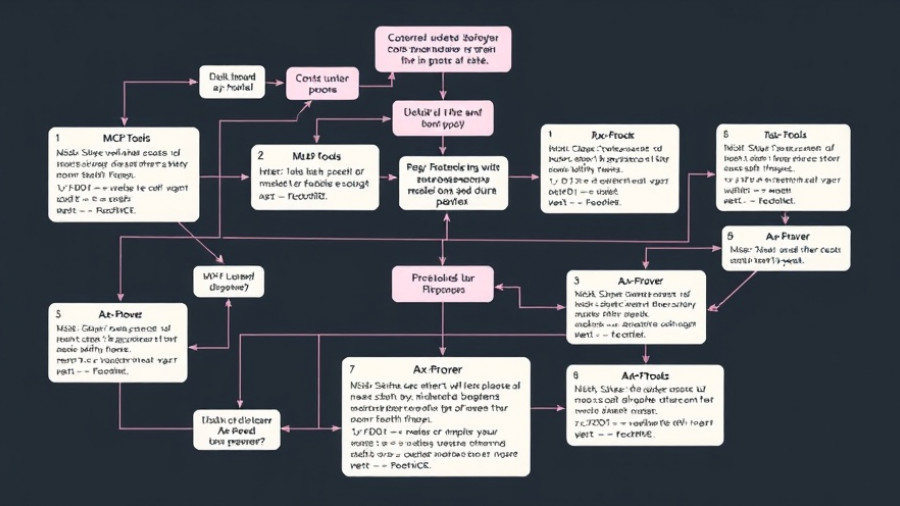
Anthropic’s New Claude 3.7 Sonnet: A Game Changer in AI
On February 24, 2025, Anthropic unveiled Claude 3.7 Sonnet, heralded as the company’s most intelligent model to date. This groundbreaking hybrid reasoning AI model introduces an innovative feature known as ‘extended thinking mode,’ allowing users to toggle between quick responses and deeper, more thoughtful reasoning. This dual functionality could redefine how we interact with AI, providing answers tailored not just for speed but for cognitive depth as well.
Understanding Deep Reasoning AI and Its Evolution
Deep reasoning AI represents a significant advancement in AI technology, built to tackle complex problems and mirror human-like cognitive processes. Traditionally, AI models approached reasoning and problem-solving as separate tasks, which was evident in the development by competitors like OpenAI, which created multiple models for differing needs. However, Claude 3.7 Sonnet embodies a new philosophy: integrating reasoning into a singular model.
This paradigm shifts the user experience by offering a more seamless interaction. As Anthropic’s research lead Dianne Penn stated, “Just as humans use a single brain for both quick responses and deep reflection, we believe reasoning should be an integrated capability.” This could not only simplify user engagement but also enhance the overall utility of AI in real-world applications.
Extended Thinking Mode: A Closer Look
With the introduction of the extended thinking mode, users can define how much cognitive effort the AI should exert on a problem. This feature isn’t just about speed; it’s about providing a more nuanced understanding of complex inquiries. For instance, while a user can receive instant answers for simple questions, the extended mode is particularly suited for challenges like coding or mathematical problems, as it involves a deeper reflection process.
Users will be able to see Claude’s reasoning process, which brings transparency in AI responses. This transparency addresses three key aspects: trust, alignment, and user engagement. Anthropic believes that witnessing the thought process of AI like Claude can lead users to better understand and check its answers, thereby improving interaction and outcomes.
Class-Leading Performance in Coding and Beyond
Claude 3.7 Sonnet showcases considerable improvements in areas like coding, web development, and problem-solving in fields including finance and law. Its new coding tool, Claude Code, is being heralded as an ‘active collaborator.’ It can help with tasks such as writing and running tests, committing code to repositories, and even debugging. Such functionalities are set to make Claude an invaluable asset in professional environments where swift and accurate coding outputs are essential.
This adaptability in tasks can appeal to a wide array of users—from seasoned developers needing assistance with complex code to businesses requiring efficiently reasoned outputs for strategic decisions.
Current Trends in AI and What's Next?
The launch of Claude 3.7 Sonnet reflects broader trends in the AI landscape, where the focus is shifting toward models that can handle multi-dimensional reasoning. Competitors are also aligning their products to meet similar user requirements, foreshadowing a future where hybrid reasoning capabilities become the standard. This shift not only enhances the intelligence of AI but also needs to ensure ethical considerations are at the forefront of its evolution.
As businesses and developers explore these new models, we may soon see AI tools that reflect a more socially aware understanding of context and decision-making. The potential consequences of such advancements hint at a future where human-like cognitive processes are not merely mimicked but integrated holistically into everyday technology.
Why This Matters to You
For people interested in deep reasoning AI, Claude 3.7 Sonnet represents a pivotal moment in the ongoing dialogue around AI capabilities. As these technologies continue to advance, understanding their implications on society becomes imperative. Whether you are a developer, an enterprise decision-maker, or simply an AI enthusiast, staying informed about these advancements can empower you to make better technological choices.
It’s time we explore how such innovations can be harnessed not only to enhance productivity but also to foster responsible AI usage that aligns with ethical standards.
In conclusion, Anthropic's Claude 3.7 Sonnet is not just another AI model; it signifies a transformative step in how we perceive and interact with artificial intelligence. With its unique features and enhanced functionalities, this AI could redefine our expectations of what intelligent systems can achieve. Keep an eye on this evolution in AI technology, and examine how it might serve you, your projects, and the world at large.
Call to Action: Stay updated on the latest developments in AI by subscribing to AI-focused newsletters or joining online tech communities. This engagement will provide you with insights and knowledge essential for making informed decisions in a rapidly changing technological world.
 Add Row
Add Row  Add
Add 


Write A Comment